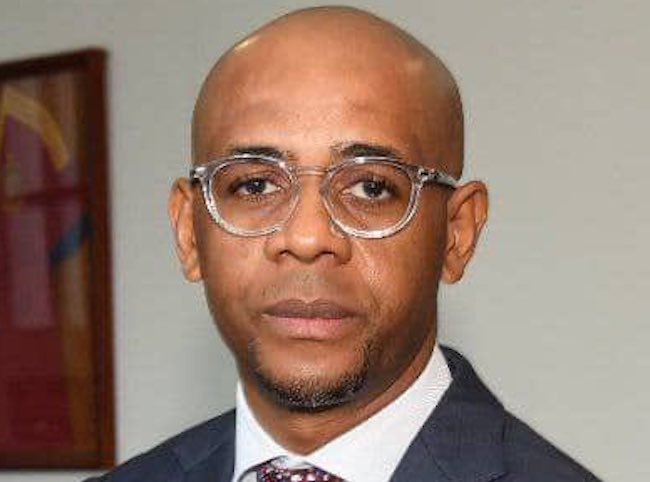During a meeting with the House of Representatives Committee on Alternative Education on Thursday, Minister of Finance and Coordinating Minister of the Economy Wale Edun announced plans to relaunch the suspended school feeding programme.
Edun assured that the government would allocate sufficient resources to support and sustain educational initiatives nationwide.
The meeting, as stated by Mohammed Manga, Director of Information and Public Relations at the Ministry of Finance, aimed to address the pressing issue of out-of-school children in Nigeria, providing an opportunity for the minister to outline the government’s financial strategies and programs to tackle this challenge.
Speaking at the meeting, Edun reaffirmed the federal government’s commitment to strengthening education.
He said through a lineup of initiatives, every child will be provided with access to quality education.
The minister said these initiatives would “positively impact the national budget by providing sufficient resources to support and sustain the educational programs”.
Edun also announced the upcoming relaunch of the ‘Home-Grown School Feeding Program’ – an initiative designed to increase school attendance by providing meals to students.
He said, “feeding children at school would not only improve their health and well-being but also incentivise them to remain in school, thereby reducing the number of out-of-school children”.
The minister said the government is dedicated to tackling critical issues through innovative initiatives like the “secretariat for financing safe schools” and the “home-grown school feeding program”.
“As the government continues to prioritise education, Nigeria’s future generations can expect improved access to quality learning, setting the stage for a brighter, and more prosperous tomorrow,” Edun added.
On January 12, President Bola Tinubu suspended all programmes, including school feeding, administered by the National Social Investment Programme Agency (NSIPA), as part of a probe into alleged irregularities in the management of the agency and its activities.
On January 2, Tinubu suspended Halima Shehu as the chief executive officer (CEO) of NSIPA over alleged financial malfeasance.
The president also suspended Betta Edu as minister of humanitarian affairs and poverty alleviation on January 8.
Edu’s ministry supervises the operations of the NSIPA.
The programmes affected include N-Power, the conditional cash transfer (CCT), the government enterprise and empowerment programme, and the home-grown school feeding initiative.
On March 13, the house of representatives asked the federal government to resume the implementation of the suspended social investment initiatives.
However, the green chamber later decided to probe the suspended school feeding programme, arguing that a complete cancellation of the initiative “may cause more harm”.

 BIG STORY2 days ago
BIG STORY2 days ago
 BIG STORY5 days ago
BIG STORY5 days ago
 BIG STORY4 days ago
BIG STORY4 days ago
 BIG STORY4 days ago
BIG STORY4 days ago
 BIG STORY4 days ago
BIG STORY4 days ago
 BIG STORY2 days ago
BIG STORY2 days ago
 BIG STORY2 days ago
BIG STORY2 days ago
 BIG STORY1 day ago
BIG STORY1 day ago






















